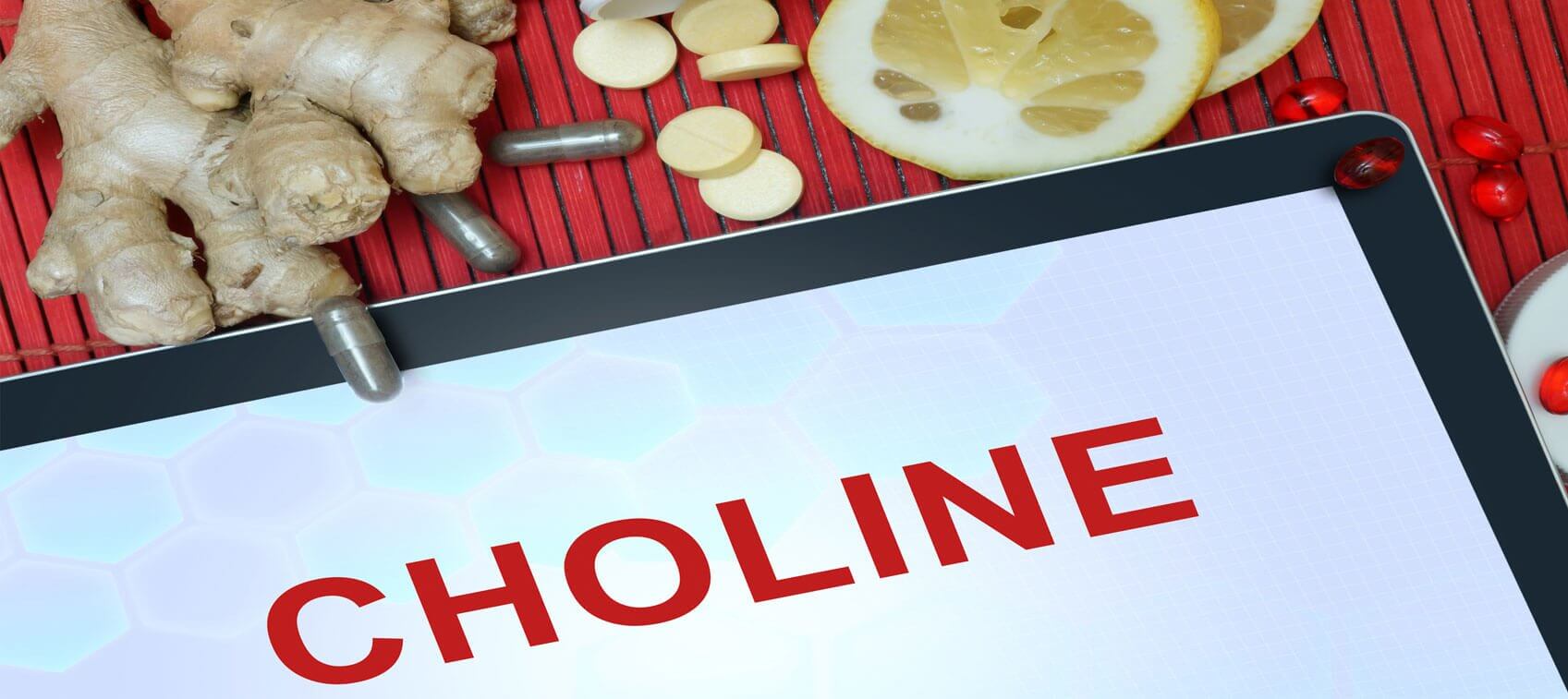
Oftentimes, if you step back and look at certain changes or trends in diet and lifestyle, you can see why various diseases start to become more commonplace in our society. For instance, I’ve noticed one glaring trend contributing to cardiovascular disease that has been totally overlooked: At least 90 percent of the entire US population doesn’t consume enough choline.
It’s one of the most (if not the most) widespread nutritional deficiencies in our society today. It’s rather shocking that it has existed for decades without being addressed—even though many people don’t really know much about choline.
Choline Benefits
Although not an official B vitamin, choline is considered a member of the B vitamin complex. It is water soluble and considered essential (meaning, your body makes only small amounts and, to remain healthy, you have to get it through your diet).
Choline benefits include the formation of cell membranes. It is a precursor for acetylcholine, a primary neurotransmitter. Additionally, the body needs choline to prevent the buildup of homocysteine in the blood (the compound associated with cardiovascular disease). High levels of homocysteine increase the risk of heart attacks, strokes, blood clots, atherosclerosis, deep vein thrombosis, pulmonary embolism, and more. Our bodies also form betaine from choline, which helps to “neutralize” homocysteine.
And if those functions weren’t crucial enough, other choline benefits include reduced inflammation, birth defect prevention, and normal brain development in newborns. In the most severe cases, a choline deficiency results in fatty liver and hemorrhagic kidney necrosis.
The minimum dietary intake of choline has been set at 550 mg per day for men and 425 mg per day for women. Studies have determined that the choline intake in this country only averages from 320 to 380 mg per day. In truth, when I study the research, it’s difficult to know exactly what dose of choline should be taken every day. I suspect these minimum amounts are still far too low. When it comes to health, the last thing we want is to be in the “average” category.
While the research on choline is not as extensive as I wish, all of the studies do demonstrate that the most dramatic positive effects of choline can be seen in individuals with major choline deficiencies. Considering that the daily intake of almost 100 percent of the population in this country doesn’t even meet the minimum requirements, it appears everyone would benefit from additional choline.
Foods Rich in Choline
It’s not too surprising that choline intake would be low in this country when you consider the foods rich in choline: egg yolks, animal liver, brain and organ meats, fish eggs, sardines, scallops, and shrimp. Most of us don’t eat enough of these foods to come close to getting the choline we need. Liver and egg yolks (due to cholesterol propaganda) have practically disappeared from many people’s diet. Choline deficiencies are obviously an even bigger problem for vegans, who avoid these foods rich in choline altogether.
Choosing a Choline Supplement
Another option is taking a choline supplement, which I do every day. Choline is a component of lecithin (pronounced less-a-thin). The least expensive way to supplement is with lecithin granules. All the various brands are comparable when it comes to function, and a pound can be purchased for $8 to $10.
Two tablespoons of lecithin granules contain roughly 434 mg of choline. I put roughly this amount in my daily protein shake. I’ve seen recommendations for the granules to be sprinkled over salads, or stirred into juice, water, or yogurt, but they get sticky, won’t dissolve, and become a mess. Blended in a protein shake is the best way to take them.


